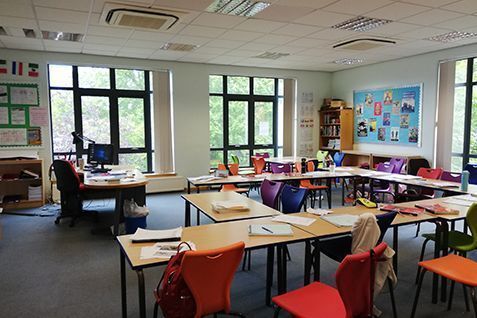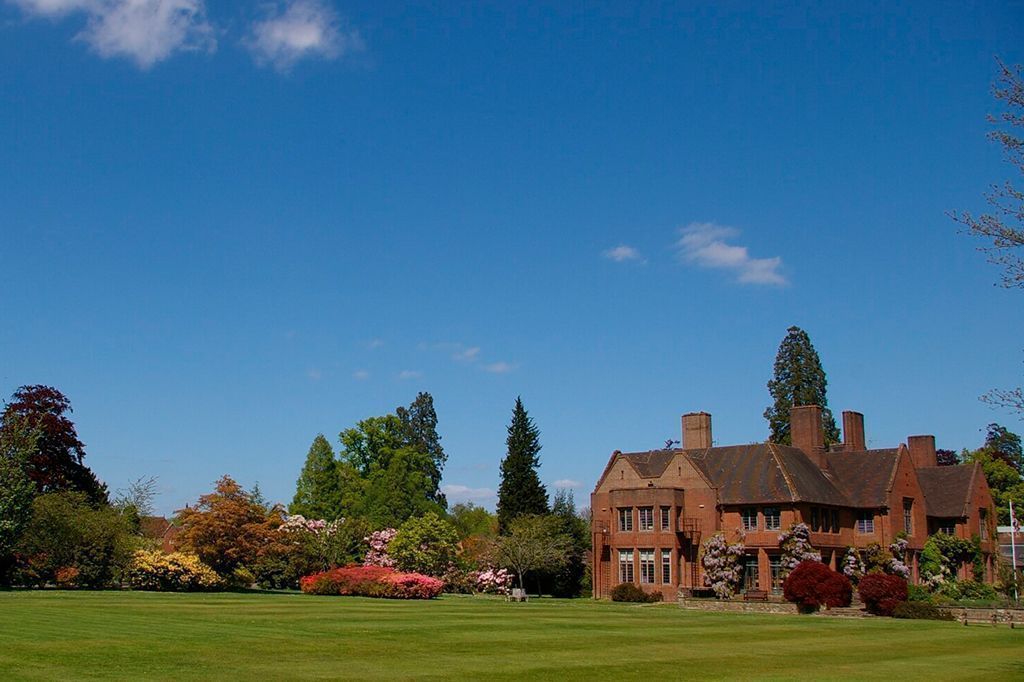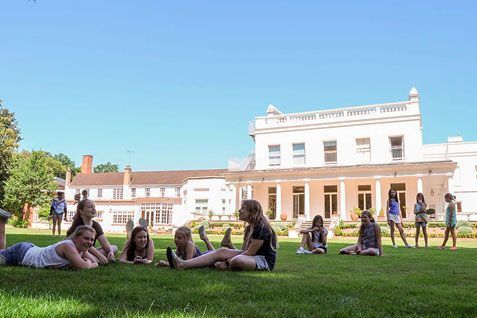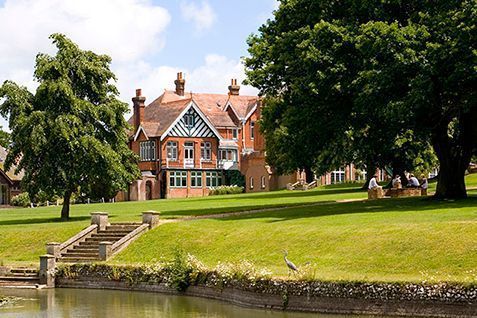Education in the UK has a long history and a well deserved reputation around the world. One of the ways in which it upholds this through a series of external examinations that take place throughout a student’s school career. By taking these exams, students are awarded prestigious qualifications such as GCSEs, A-levels or IB (International Baccalaureate), recognised by major universities and multinational corporations.
This high-quality education offers students the opportunity to access the best universities in the world. In this post we will explain the importance of the different British qualifications available.

GCSEs
General Certificates of Secondary Education (GCSEs) are awarded in Wales, Scotland and England, at the end of compulsory education at the age of 16. These are a group of British qualifications obtained after passing different examinations which are assessed during Year 10 and Year 11.
During these two years, students normally choose nine to ten subjects, including core subjects such as Mathematics, English, Science, a Modern Language and a humanity such as History, Geography or Religious Studies. Students also have the opportunity to choose electives such as Art, Photography, Music, Drama, Design & Technology, Business Studies, Computer Science, Cooking, Latin, Psychology, among others.
Each school in England has its own range of subjects, all taught by highly qualified teachers. The teachers help students to achieve the best possible grades in these important exams and give them a better chance when applying to universities, which look at GCSE grades to determine whether students are eligible for admission.
It is important to note that some boarding schools offer the possibility of completing a smaller amount of core GCSEs in one year. This is a great option for students who wish to obtain this British qualification and have the possibility of accessing universities of high academic excellence.

A-levels
Many students who wish to study at a UK university decide to spend their last two years of education in the UK, and study A-levels, in order to facilitate their entry into a UK university. These two years are equivalent to Year 12 and Year 13 in the English education system.
At the end of GCSEs, students have the option to continue two more years of study (called the Sixth Form) and take A-Level exams, or the IB (see below).
During these two years, students choose between 3 or 4 subjects. The subjects chosen depend on each school but are often subjects that have already been offered in previous years.
However, some are new and exclusive to A-levels such as: Politics, Economics, Further Mathematics, Philosophy & Ethics, among others. The British education system is constantly evolving, hence why students are able to take modern subjects that will be of great use to them in the future. A-levels are fundamental to a student’s future because their results will determine the studies they will choose to take at university.

IB (International Baccalaureat)
The International Baccalaureate (IB) is a modern academic programme that is highly regarded by universities and companies around the world. The programme has been running for over 30 years in the UK at prestigious boarding schools with whom we have been working for many years. Scoring highly in the programme’s courses can lead to university credits, scholarships, and other advantages. These aid students in applying to any university in the world.
The innovative aspect of this programme focuses on its methodology, which is different to that of a traditional baccalaureate. The preparation is more demanding and practical, with more laboratory sessions, research work, oral presentations, among others. In the IB programme, students must choose six subjects, three at least at higher level and the others at standard level. The difference between these levels is that the higher level promotes greater understanding of their knowledge by dedicating more teaching and practical hours to it.
Additionally, they are required to take part in compulsory social and creative activities that influence their final grades. They also take another compulsory subject called ‘Theory of Knowledge’, which gives students the opportunity to reflect on the nature of knowledge and how we know what we claim to know.
Through these subjects and activities, the IB promotes and stimulates students’ talents. Students develop critical thinking in a global context. The skills they acquire in research and the skills they develop during the programme are second to none. All British, American and Spanish higher education institutions recognise this programme as a pathway to university.



















